Far from being a country counter, I do have a casual, meandering ambition to one day visit all 54 African countries. Nearly two-thirds of the way through the trip, there are still several holes on my map. One is much larger than the other.
It is the most populous country in Africa; a cultural powerhouse with a rich, complex heritage.
I grew up listening to Fela Kuti’s socially conscious lyrics and storming Afrobeat rhythms; I have read books by Chimamanda Ngozi Adichie; and I danced the orishas from Yoruba mythology. Yet I – like many people in Britain – know almost nothing about Nigeria.
The fact that this West African country is responsible for so many cultural exports should come as no surprise. Currently the country has a population of over 228 million and predictions suggest that by 2047 this country could overtake the United States and become the third most populous country in the world.
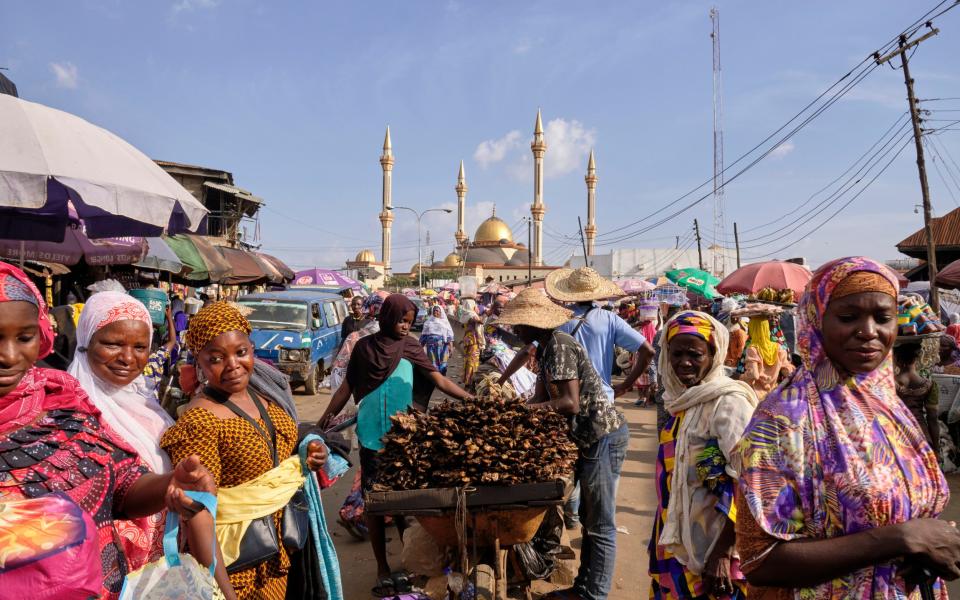
By comparison, based on current visitor numbers, the star-studded juggernaut receives 28 times as many tourists. Despite historic ties to the British Empire, Nigeria – which gained full independence in 1960 – has never found the same favor among English-speaking foreigners as former colonies such as Botswana, Zambia and Kenya.
This month, the Duke and Duchess of Sussex will raise awareness of the destination during an unofficial royal visit. In addition to conversations about the Invictus Games, there is also a personal motivation for the trip: Meghan told listeners last year Archetypes podcast that a genealogical test showed she shared Nigerian heritage.
No itinerary has been announced yet – but if they do find a few moments to do some sightseeing, where should the couple go?
Lagos, the largest city, is the gateway for most international travelers; both Virgin and British Airways operate direct flights from London with journey times of less than seven hours. The Nike Art Gallery (which has nothing to do with the sportswear giant) is the largest modern exhibition space in West Africa, while Balogun Market is the place to pick up bright fabrics that scream with prints as loud as the vast open-air displays. noisy, wandering traders.
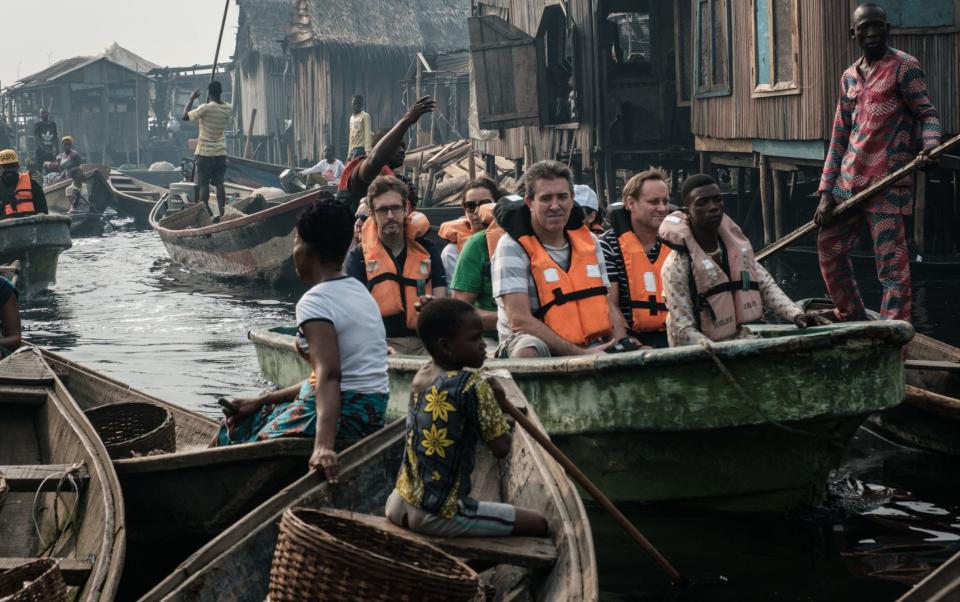

All along the West African coast, the dark specter of a devastating slave trade looms heavy, forcing millions of African Americans – possibly even Meghan – to visit harrowing historical sites and ultimately return through the doors of no return . The center of Nigeria is the small beach town of Badagry, just outside Lagos and the site of a former slave market.
Native Eye, one of the few tour operators to organize holidays to “the last frontier of African travel”, includes a visit as part of its 12-day “Lost Kingdoms of Nigeria” itinerary, focusing on historical sites and tribal cultures.
Other highlights include the Afro-Brazilian architecture and fetish market of the Yoruba town of Abeokuta, a walk to find the abandoned mud buildings of Idanre Hills, and an audience with an Ife priestess in the World Heritage-listed Sacred Forest of Osun – a forest full of sculptures of Yoruba deities. The best chance to appreciate the diversity of Nigeria’s 500 ethnic groups is to travel far off the beaten track to lands occupied by the Kamberi people.
Despite the devastation wrought by oil, gas and illegal logging, pockets of wilderness persist – largely thanks to the work of passionate conservationists and NGOs. Cross River National Park, on the border with Cameroon, is home to one of the world’s rarest species of great apes: the Cross River gorilla.
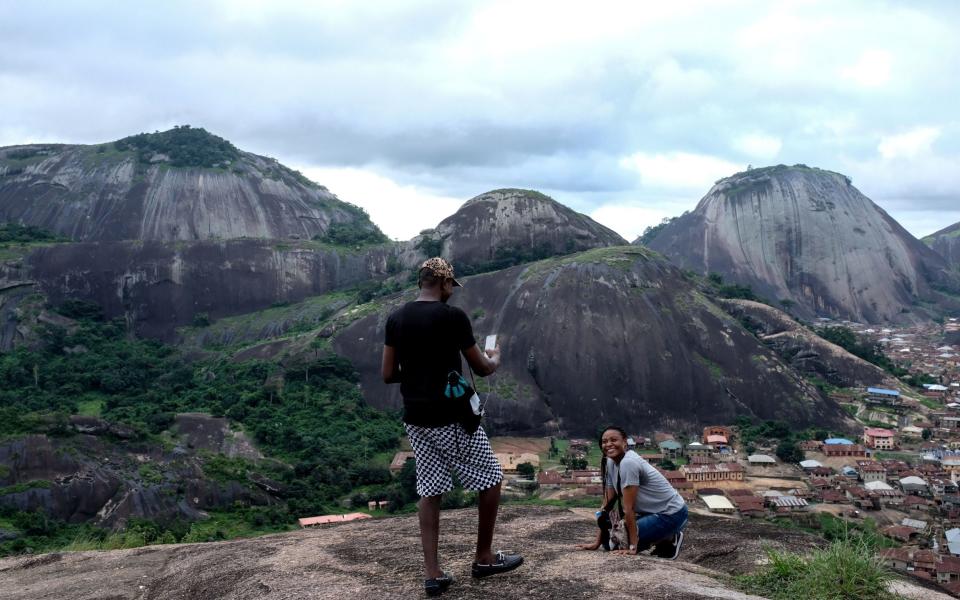

Although the Foreign, Commonwealth and Development Office (FCDO) advises against all but essential travel to the area due to the risk of terrorist activity, Gashaka-Gumti National Park is receiving significant investment from the private ANI Foundation, which hopes to one day introduce tourists to chimpanzees and pangolins spotting against a backdrop of volcanic landscapes.
“Nature could be one of our greatest assets,” says Noo Saro-Wiwa, the British-based Nigerian author and travel writer, whose travelogue and memoir In search of Transwonderlanddescribes a rediscovery of her motherland, years after the capture and murder of her political activist father, Ken Saro-Wiwa.
She remembers taking a canoe trip along the “clear blue-green waters” of the Azumini River, north of the Niger Delta, which she describes as the “most beautiful region in the country when it is not polluted by oil.”
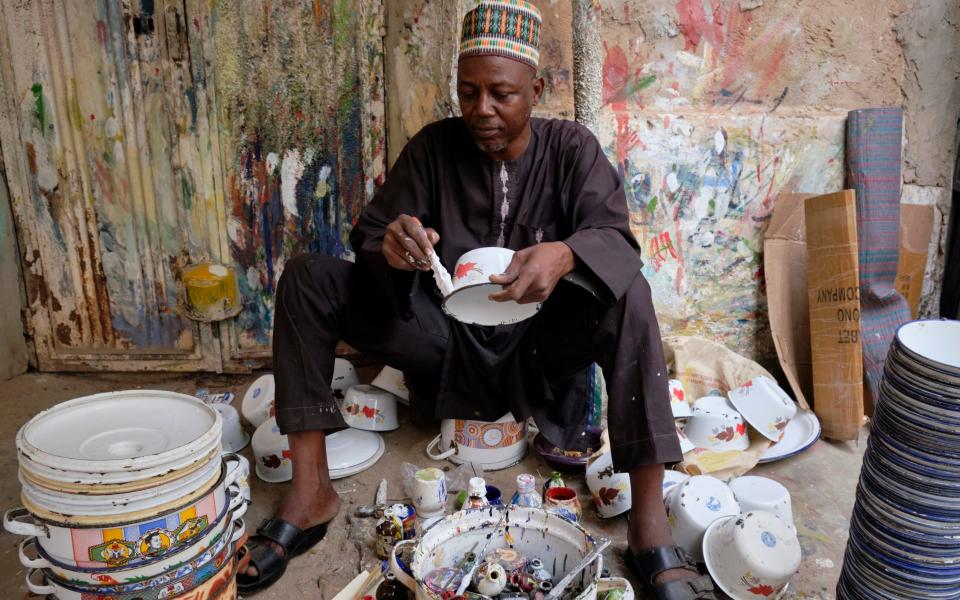

“Our rainforests, flora and fauna are beautiful, but they are under threat,” she adds. “The government should take care of them, but instead the responsibility falls on private foundations, which rely on charity.”
A lack of investment in infrastructure is also holding Nigeria back from realizing its full potential.
“The constant power outages are making life difficult for Nigerians, let alone tourists,” said Saro-Wiwa. “Transport links are also not great: travel between cities is mainly by road or via short flights that are often delayed. Only a few trains connect the different regions. Hotels are not cheap and high unemployment encourages organizations like Boko Haram in the north, creating instability that could impact travel insurance.”
She is right. A quote for a seven-day single-entry policy through insurer Battleface is £109 – double the amount for a trip of similar duration to Kenya. Visas are also more expensive and difficult to obtain compared to other African countries; biometrics and an invitation letter are among the many requirements for a 90-day, single-entry visa, which costs from £217.
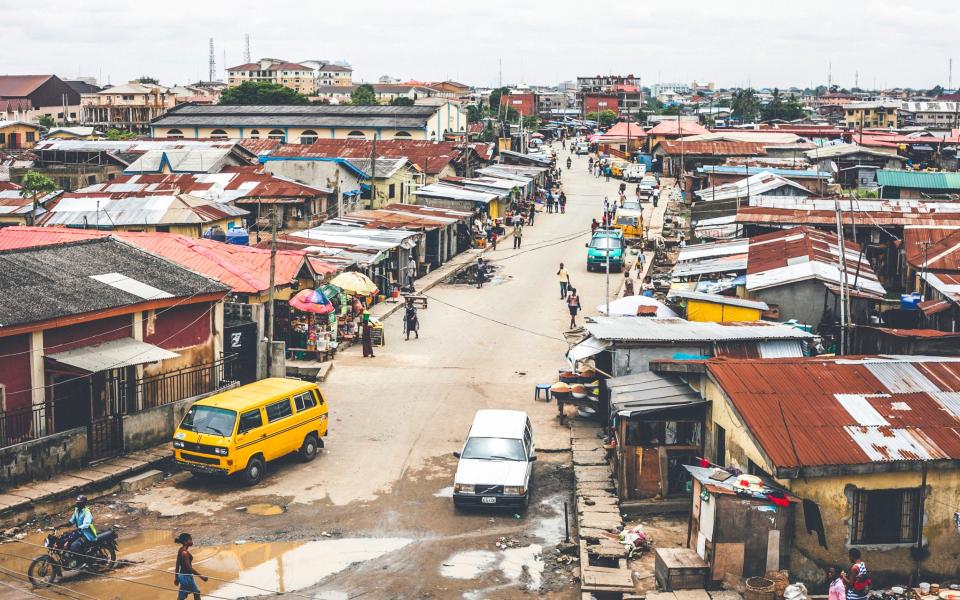

Currently, only about a third of the country is classified by the FCDO as safe for travel. Warnings of terrorist attacks, kidnappings, street crime and scams are hardly the persuasive prose of travel blogs and brochures.
Alia Shoaib, a journalist who recently moved to the “green, sleepy administrative capital of Nigeria”, Abuja, says she feels comfortable and safe, although she warns against walking in the dark or traveling between cities by car or train.
“The Nigerians I have met are so warm, lively and interesting, and are so welcoming to me as a foreigner. The more time I have spent here, the more I have come to realize what a culturally rich and dynamic country it is,” she says. “If the government could address the problems and make it safer to travel around the country, I think it could thrive as a tourism hotspot.”
Saro-Wiwa, who has found affection for a place she once feared, is equally optimistic about its appeal – for the right kind of person.
“It’s not an easy place if you’re a ‘tourist’, not a ‘traveler’. You need a curious mind and an understanding of the value of a destination that doesn’t exude chocolate box beauty.”